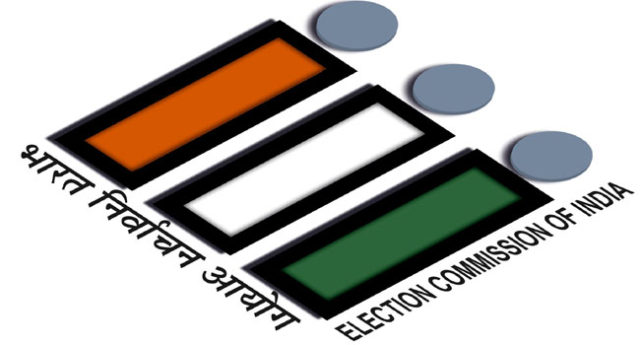Once Upon A Time…there was a man who — with a single-minded pursuit — cleaned up the elections in India. The man was T. N. Seshan – India’s 10th Chief Election Commissioner from 1990 to 1996. Seshan’s initiatives as the CEC brought about several electoral reforms and he managed to do what none before him had ever done — give India and its Indians…a fair election!

One of his initiatives was to monitor every tiny bit of expenditure that was incurred by political parties and its leaders, which was carefully monitored by Income Tax Commissioners. It was indeed a glorious period in the history of Indian elections! Since then (and since Seshan), we have been on the lookout for the next messiah who would indeed come and clean-up the Indian election.
Thus, it was a welcome news when the Election Commission made a strong plea to the Indian Government, seeking a ban on all anonymous political contributions and/or donations above Rs. 2000. Of course, the fact that the Indian Prime Minister, Shri. Narendra Modi, has endorsed and backed the EC’s move on the issue of anonymous donations, is the proverbial icing on the cake. [P.S. – Merry Christmas every one!]
Of course, Modi’s backing of EC’s plea makes quite a lot of sense since the Prime Minister has been busy cracking his whip on the issue of black money, which incidentally serves as the foundation stone of election funding. Thus, it wasn’t surprising to hear the Prime Minister supporting and saluting EC’s demand for a ban on anonymous funding, while addressing the aptly-titled ‘Parivartan’ rally in Kanpur.
Thus, from the looks of it…it looks like the Prime Minister is looking to follow through on EC’s recommendation to bring about transparency in election funding, which ought to fix the serious gap in campaign finance, which has been identified as the current threshold of Rs. 20,000 for anonymous funding. It is common practice for political parties to break down their large amounts into denominations under 20,000 to circumvent the mandate for disclosure of identities.
Bringing this threshold down to rupees two thousand will make it fairly difficult for these political parties to break down large election contributions, which will certainly help usher in a yet another era of electoral reforms. This is because, it is also common knowledge that most of the black money that forms a significant portion of electoral finance actually comes from corporates and high net worth individuals, who obviously are expecting political parties to work as their stooges when they come to power in the Parliament. Such a move will prevent our politicians from becoming mere puppets in the hands of the mighty and powerful. For otherwise, these politicians (indebted to these individuals) will then sit in the Indian Parliament, draw salaries from the taxes we pay on our hard-earned salaries while working solely to protect the interests of corporates and certain powerful individuals.
Of course, in order to bring about campaign finance reform, all we really need is a strong political will, which – thankfully! – we seem to possess in abundance at the moment. Thanks to the Prime Minister and his black money agenda!






























